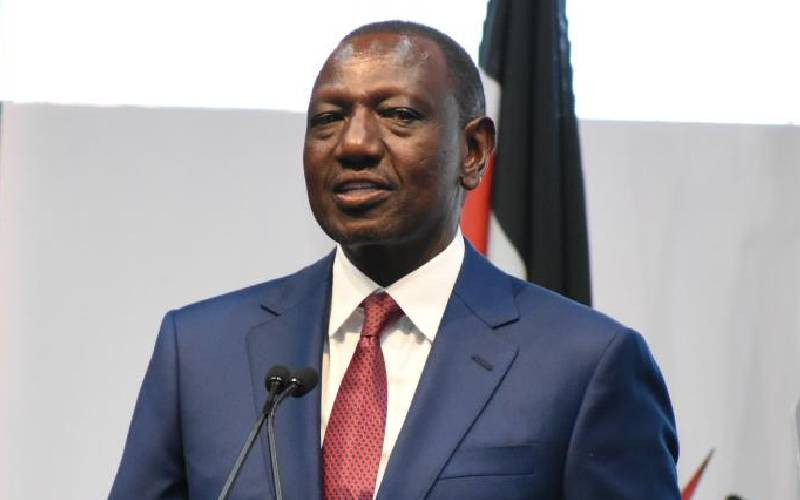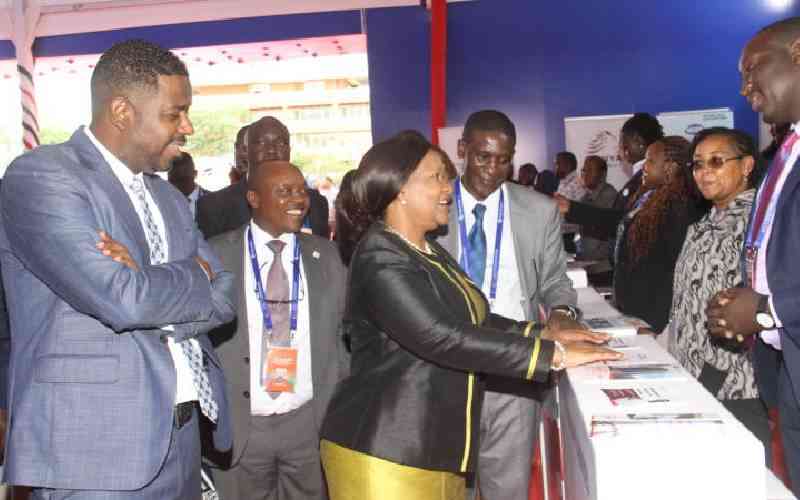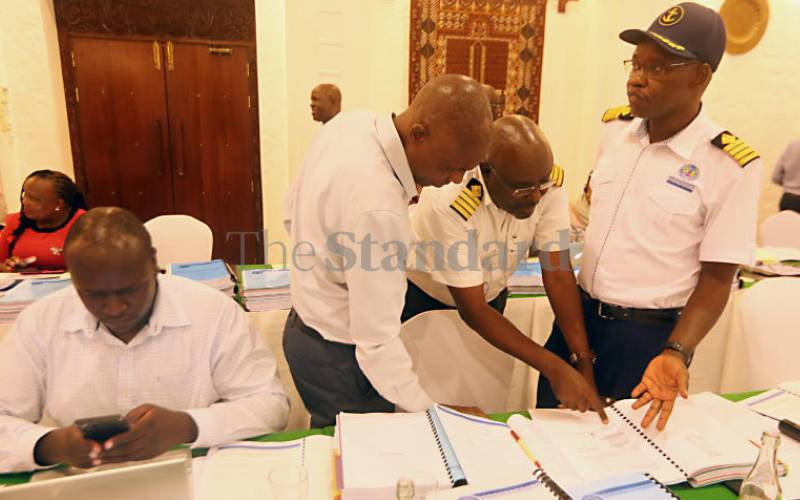In January, the Kenya Association of Stock Brokers and Investment Banks (KASIB) filed a petition against the Attorney General and the Kenya Revenue Authority (KRA) challenging KRA’s implementation of tax on capital gains. A ruling on this petition is expected on March 18.
One of the grounds of the petition is that there are no statutory provisions in the tax legislation to allow stockbrokers collect and remit the tax. The Cabinet Secretary for Treasury announced that KRA and stockbrokers had agreed that the task of accounting for tax on capital gains should be left to investors and not intermediaries. Given the envisaged administrative burden that the stockbrokers would have borne with regard to computation of the capital gain on a transaction by transaction basis and remittance of the same to KRA, the announcement was welcome news for the stockbrokers.
Looking at the current legislative framework, the requirement for stockbrokers to collect and remit tax on capital gains contained in the Eighth Schedule makes a reference to the withholding tax deduction provisions of the Income Tax Act (ITA). Finance Act 2014 deleted the withholding tax deduction provision in respect to gross proceeds on transactions that would have been subject to tax on capital gains. Even with this deletion, does the Eighth Schedule have sufficient legal standing to impose collection and remittance requirements on stockbrokers?
It may be that KRA’s interpretation of the tax legislation is that the Eighth Schedule empowers the stockbroker to collect and remit tax and the intended reference to the withholding tax deduction provisions is merely to provide guidance on the collection and remittance procedures. That is, remittance of tax by the 20th of the month following that in which the transaction takes.
However, the key difficulty is that the stockbrokers are not in a position to ascertain the quantum of the gain from which they are required to collect the tax. It is hoped that the Ruling on March 18 will provide some guidance on the correct interpretation of the tax legislation.
In the meantime, the sentiments by the Cabinet Secretary to the effect that the investors will be responsible for accounting for the tax may be indicative of the fact that KRA has recognised the gaps in the law regarding requirement by stockbrokers to account for tax.
The Cabinet Secretary also alluded to the fact that there would be some amendments in the tax legislation to allow taxpayers to account for tax on capital gains upon filing of their returns. It is not clear what these amendments will be as the tax legislation currently stipulates that all persons (individuals or corporate bodies) subject to tax in Kenya are required to file self-assessment returns (SARs) and pay tax due in accordance with instalment and balance of tax due date provisions.
Therefore, even without amendments, there is a clear obligation for all persons that come within the ambit of tax on capital gains to account for the tax and declare it in their self-assessment returns.
KASIB has been quoted as saying that the tax on capital gains is likely to act as a disincentive for foreign investors looking to invest on the NSE. Clearly, investors on the NSE will be disadvantaged compared to investors on other securities exchange in the region.
KRA should carefully review the current legislative provisions regarding tax on capital gains, determine the gaps in the law in light of its intended objectives and draft a bill to be passed in Parliament that will address the identified gaps.
—Alice Muriithi is a manager with PwC Kenya’s tax services practice.
 The Standard Group Plc is a multi-media organization with investments in media
platforms spanning newspaper print operations, television, radio broadcasting,
digital and online services. The Standard Group is recognized as a leading
multi-media house in Kenya with a key influence in matters of national and
international interest.
The Standard Group Plc is a multi-media organization with investments in media
platforms spanning newspaper print operations, television, radio broadcasting,
digital and online services. The Standard Group is recognized as a leading
multi-media house in Kenya with a key influence in matters of national and
international interest.
 The Standard Group Plc is a multi-media organization with investments in media
platforms spanning newspaper print operations, television, radio broadcasting,
digital and online services. The Standard Group is recognized as a leading
multi-media house in Kenya with a key influence in matters of national and
international interest.
The Standard Group Plc is a multi-media organization with investments in media
platforms spanning newspaper print operations, television, radio broadcasting,
digital and online services. The Standard Group is recognized as a leading
multi-media house in Kenya with a key influence in matters of national and
international interest.









